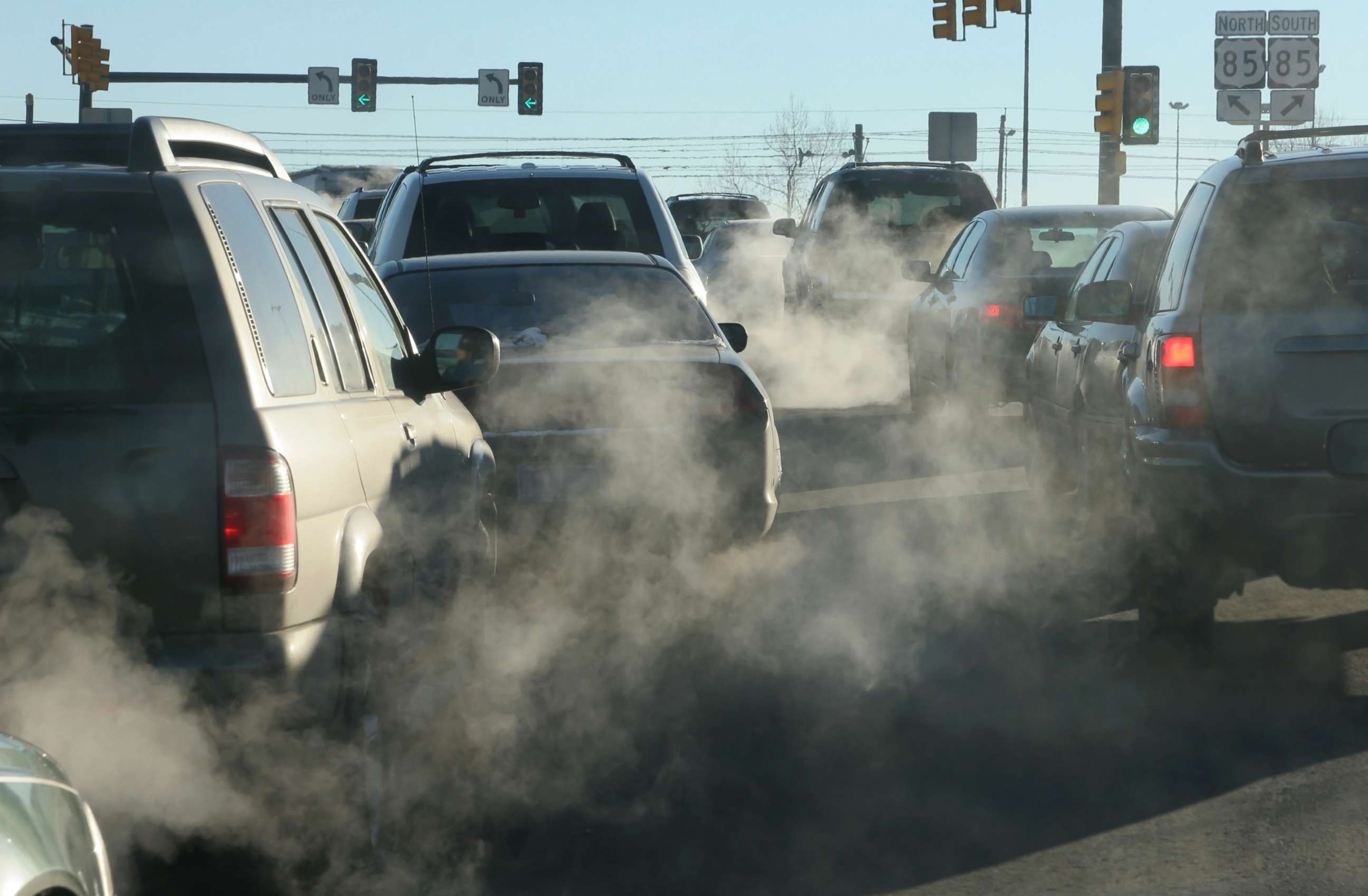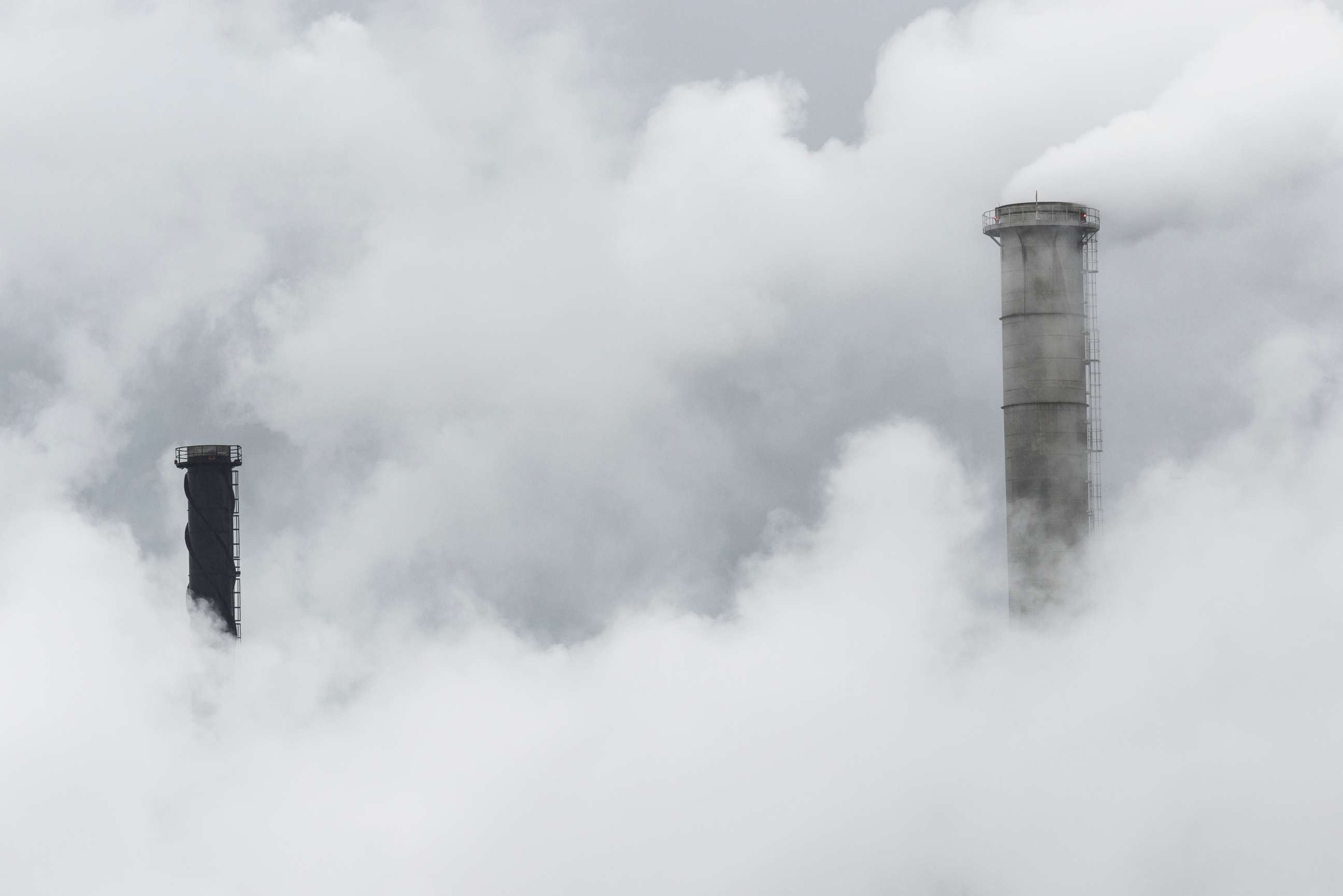2018 climate breaks long-held records, underscoring dire picture: Report
The State of the Climate report was compiled by 470 scientists in 60 countries.
Carbon dioxide levels in Earth's atmosphere rose to levels the planet hasn't seen in 800,000 years in 2018, underscoring the impact of irreversible -- and increasing -- environmental damage due to human activity, according to a new federal report.
Carbon dioxide and other major greenhouse gases, including methane, and nitrous oxide, continued their rapid increase last year, while global sea level rose to its highest on record, according to the American Meteorological Society's State of the Climate in 2018 report, released on Monday.
Global average sea level rose to a new record high in 2018, rising for the seventh consecutive year, according to the report, which was compiled by 470 scientists in 60 countries.

Global average sea level was about 3.2 inches higher than the 1993 average -- the year that marks the beginning of the satellite altimeter record. Global sea level is rising at an average rate of 1.2 inches per decade.
Globally, upper ocean heat content reached record highs in 2018. Oceans absorb more than 90% of Earth's excess heat from global warming and sea ice was at a near-record low, the report said.
"This places 2018 as having the fourth warmest annual global temperature since records began in the mid- to late 1800s. The four warmest years on record have all occurred since 2015," the American Meteorological Society, led by the U.S. National Oceanic and Atmospheric Administration, said in a statement. "There were also more high, and fewer low, temperature extremes than in nearly the entire 68-year extremes record."
"Several markers such as sea level and greenhouse gas concentrations in the atmosphere once again broke records set just one year prior," it added.

The report came just days after a United Nations climate panel concluded that efforts to divestment from fossil fuels alone wouldn't be enough to limit warming from climate change, saying issues including deforestation and agriculture must also be addressed to drive down greenhouse gas emissions.
Land-surface temperatures have increased nearly twice as much as global average temperatures, the report said, as human activities on land have released more than 20% of global emissions.
Protecting forests that absorb carbon and reforming agricultural practices could play a large role, according to the report.
"Land plays an important role in the climate system," Jim Skea, co-chair of the Intergovernmental Panel on Climate Change, said in a press release.
"Agriculture, forestry and other types of land use account for 23% of human greenhouse gas emissions," he said. "At the same time natural land processes absorb carbon dioxide equivalent to almost a third of carbon dioxide emissions from fossil fuels and industry."
ABC News' Clayton Sandell and Stephanie Ebbs contributed to this report.




